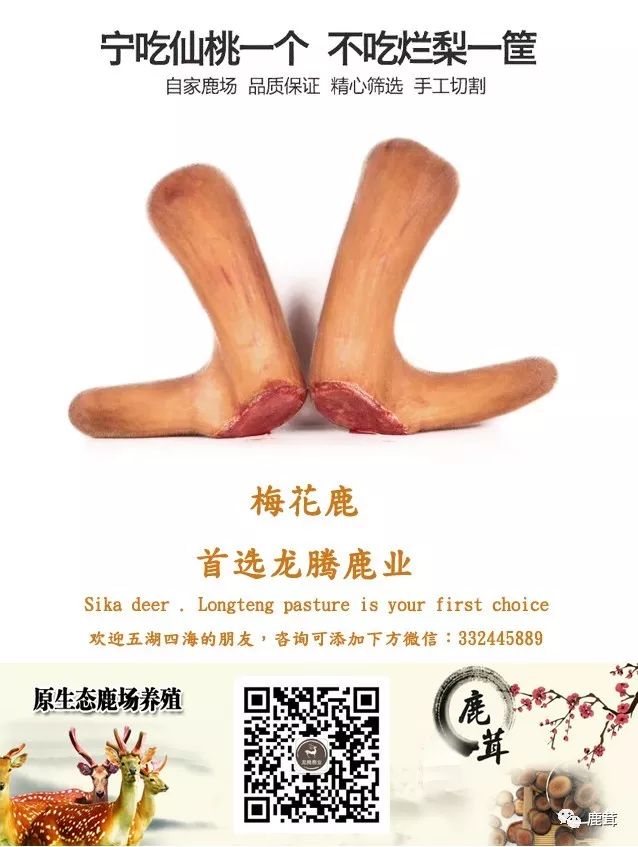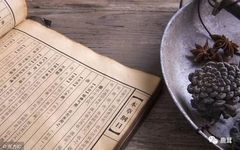
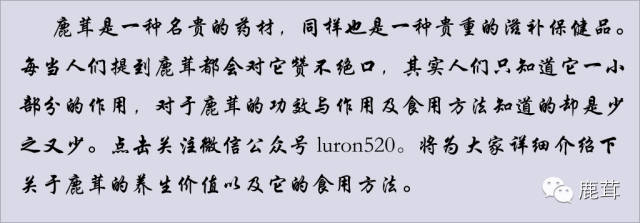
In TCM theory, there is a term called “Xu Lao” (虚劳), which refers to a condition that may arise from either congenital weakness or excessive postnatal labor, irregular diet, aging, prolonged illness, or misdiagnosis and mistreatment of diseases. This deficiency can involve Qi (气), Blood (血), Yin (阴), and Yang (阳), generally presenting with a long course of illness, gradually worsening symptoms, and difficulty in short-term recovery.
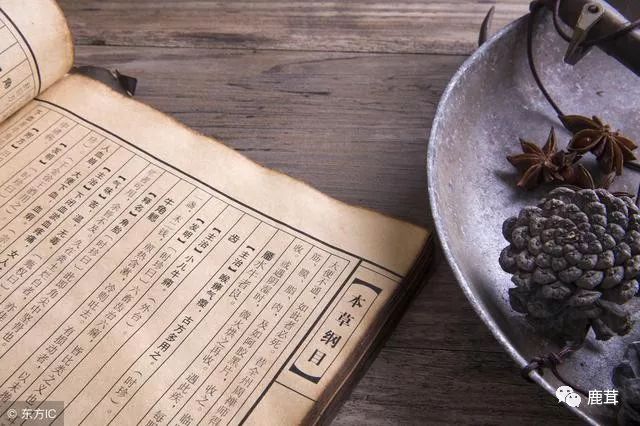
Causes and Symptoms of Kidney Yang Deficiency
Kidney Yang Deficiency (肾阳虚) is a type of “Xu Lao” syndrome. Typically, Yang deficiency often develops from Qi deficiency, leading to coldness, particularly “internal cold”. Kidney Yang is the source of Yang energy in the body; thus, prolonged deficiency of Heart and Spleen Yang will also affect the Kidney, resulting in conditions such as Heart-Kidney Yang Deficiency or Spleen-Kidney Yang Deficiency. Therefore, many people mistakenly associate Kidney Yang Deficiency solely with impotence or premature ejaculation. In fact, it is primarily a type of cold deficiency syndrome caused by weakened Kidney Yang, which fails to provide warmth. The causes are often related to aging, prolonged illness damaging the Kidneys, long-term Yang deficiency of the Heart and Spleen, or excessive sexual activity.

Symptoms of Kidney Yang Deficiency may include: aversion to cold, cold hands and feet, pale complexion, fatigue, lack of energy, low vitality, impotence, reduced sexual function, clear and prolonged urination, dribbling urination, frequent dreams at night, tinnitus, dizziness, drowsiness, excessive dreaming, spontaneous sweating, diarrhea with clear stools, or early morning diarrhea. The tongue may appear pale and swollen with tooth marks, white coating, and the pulse may be deep and slow.
So, what Yang-replenishing herbs does TCM recommend for Kidney Yang Deficiency?
Lu Rong (鹿茸)
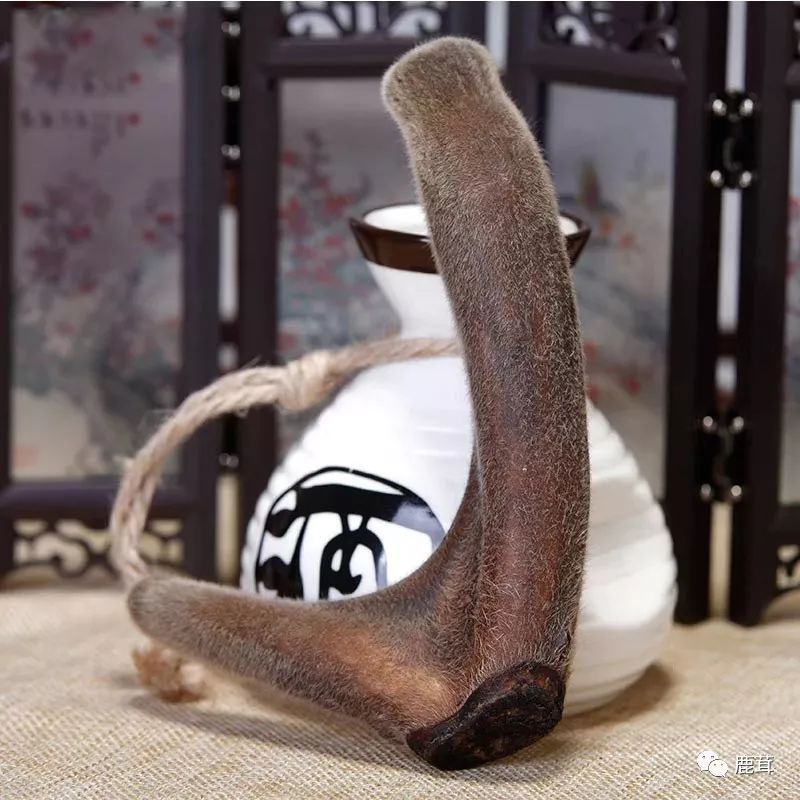
Lu Rong is the young antler of Cervidae (deer) that has not yet ossified and is covered with velvet.
Taste and Properties: Sweet, Salty, Warm. Channels: Liver (肝), Kidney (肾).
Functions: Tonifies Yang, replenishes Blood, benefits essence and marrow, strengthens tendons and bones.
Lu Rong primarily tonifies the Kidney and assists Yang, promotes essence and marrow, and is suitable for various diseases caused by weakened original Yang and deficiency of essence and blood.
Note: It should be avoided by those with excessive stomach fire, phlegm-heat in the lungs, or those suffering from exogenous febrile diseases.
The “Ben Cao Jing Shu” states: “Those with Kidney deficiency and fire should not use it, as it is biased towards tonifying Yang; those with phlegm-heat in the upper jiao and fire in the stomach should also avoid it, as its nature is hot and can cause stagnation. Anyone with symptoms of coughing blood, bloody stools, or Yin deficiency with excessive fire should not take it.”
Lu Jiao Jiao (鹿角胶)
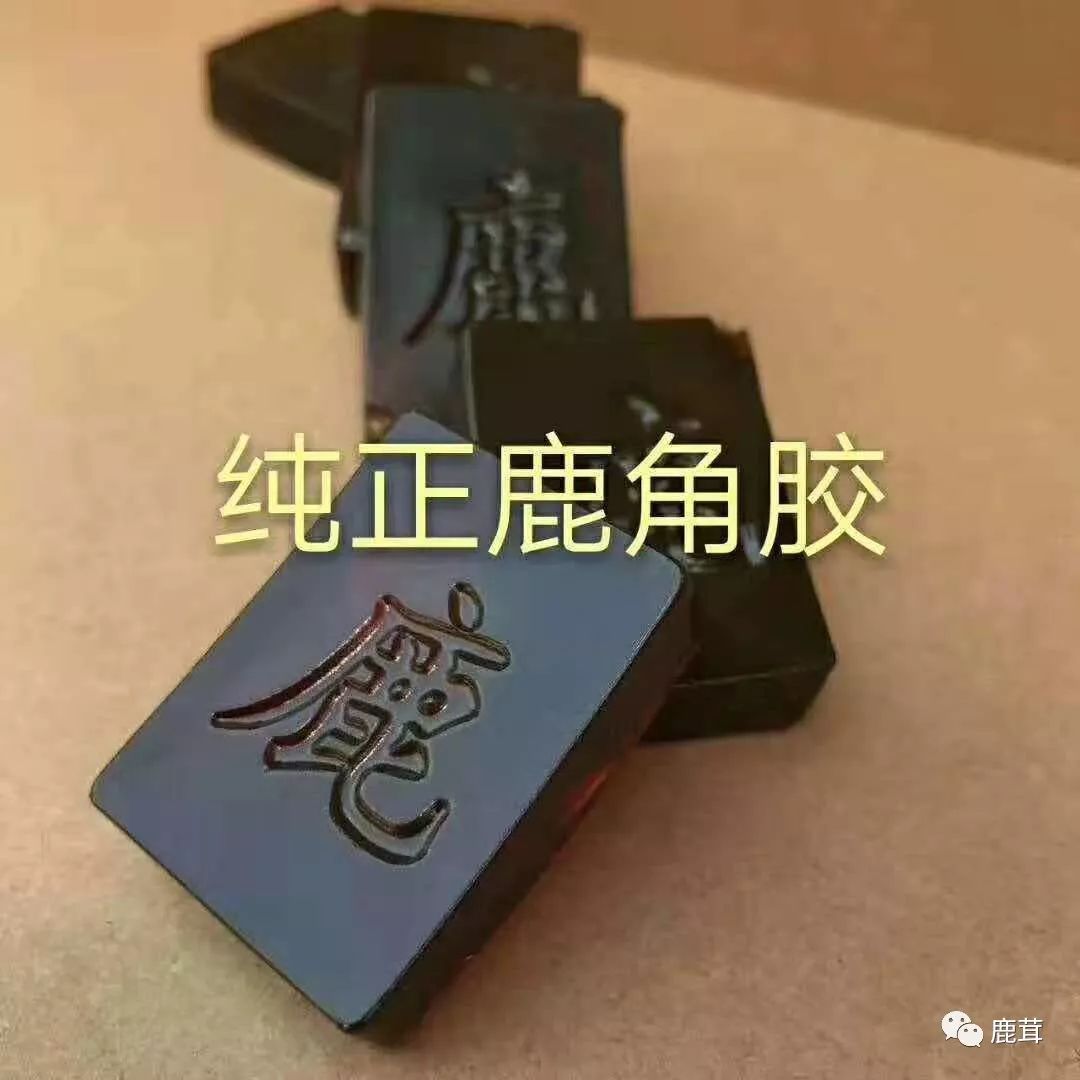
Lu Jiao Jiao is a gelatinous substance made from the boiling and concentrating of deer antlers. Taste and Properties: Sweet, Salty, Warm. Channels: Liver (肝), Kidney (肾).
Functions: Warms and tonifies the Liver and Kidney, benefits essence and nourishes blood, and has a hemostatic effect.
Lu Jiao Jiao is made from boiled and concentrated deer antlers. The “Ben Jing Feng Yuan” states: “It benefits Yang, tonifies the Kidney, invigorates blood, and is primarily used for opening the Governor Vessel and tonifying the Mingmen. However, its gelatinous nature is milder than that of Lu Rong. By comparing the two, it is understood that Lu Rong has the function of connecting and transporting Yang, while Jiao has the function of harmonizing and connecting the Chong Vessel. However, it cannot eliminate cold and heat or treat convulsions without the assistance of Gui (桂) to transport Yang; nor can it reach the Chong Vessel and treat abdominal pain without the combination of Gui and Lu. It also cannot draw in the Chong Vessel and treat women’s blood stagnation and miscarriage without the combination of Dang Gui (当归) and Di Huang (地黄). … The gelatinous nature of this herb primarily benefits the middle and tonifies Qi, similar to the effect of Lu Rong. Historical texts such as “Bie Lu”, “Wai Tai”, and “Qian Jin” often emphasize its use for dispersing blood and detoxifying, rather than focusing solely on warming and tonifying, which deviates from the traditional understanding.” This herb primarily tonifies Kidney Yang and should be avoided by those with Yin deficiency and Yang excess. The “Ben Cao Hui Yan” states: “Those with stagnant fire in the intestines and stomach, or those with excess Yang and insufficient Yin, or any diseases caused by blood heat should avoid it. Unless one has cold essence and blood, and the Yang is weak with no fire, it should not be used indiscriminately.
Bu Gu Zhi (补骨脂)
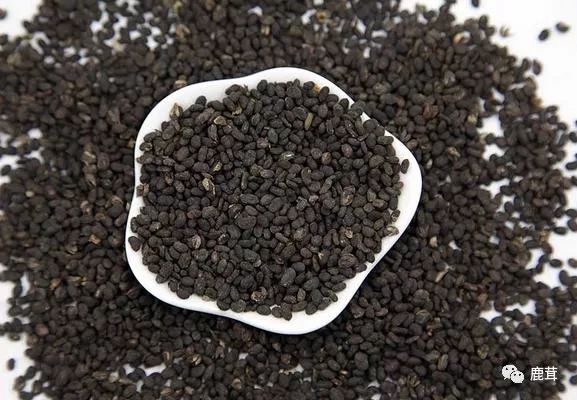
Bu Gu Zhi is the mature fruit of the plant Psoralea corylifolia from the legume family.
Taste and Properties: Pungent, Warm. Channels: Kidney (肾), Spleen (脾).
Functions: Tonifies the Kidney, assists Yang, warms the Spleen, stops diarrhea, and improves vision.
Bu Gu Zhi warms the water organs, generates Yang from within Yin, and is a key herb for strengthening fire and benefiting the earth. It is indicated for the five labor and seven injuries, as these conditions often arise from deficiency of both the Spleen and Kidney. By warming the water organs and supplementing fire to generate earth, the true Yang energy in the Kidney is replenished and rises, thus aiding in the digestion of food and transforming it into essence. The Spleen Qi nourishes the lungs and supports the five organs, hence it is indicated for the labor of the five organs and the injuries caused by the seven emotions, leading to eye diseases and other ailments. The “Ben Cao Jing Shu” states: “For any condition of Yin deficiency and fire movement, nocturnal emissions, bloody urine, short and painful urination, and red eyes with dry mouth, constipation, internal heat causing thirst, and fire rising leading to red eyes, easy hunger, and damp-heat leading to weakness, it is contraindicated.” The “De Pei Ben Cao” states: “For those with Yin deficiency and sinking heat, internal heat causing thirst, dizziness, Qi deficiency, pregnancy with heat in the heart, and constipation, it should be avoided.” The “Hai Yao Ben Cao” states: “Avoid licorice.”
【Literature References】
“Yao Yi Ru Men”: “Indicated for cough, hemoptysis, bloody sputum, bloody urine, and bloody stools.”
“Yu Qu Yao Jie”: “Warms the Liver, tonifies the Kidney, nourishes essence and blood. Treats impotence and spermatorrhea, and injuries from falls.”
“Shen Nong Ben Cao Jing”: “Indicated for injuries from labor, waist pain, tonifies the middle, benefits Qi, and treats women’s blood stagnation and infertility.”
Du Zhong (杜仲)
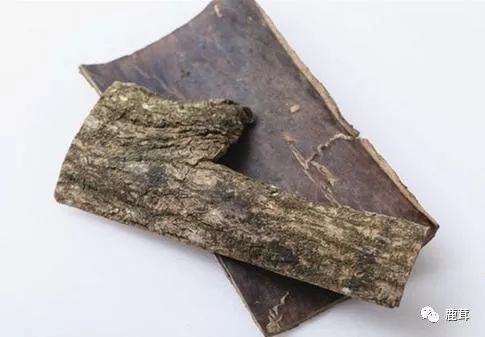
Du Zhong is the bark of the plant Eucommia ulmoides.
Taste and Properties: Sweet, Slightly Pungent, Warm. Channels: Liver (肝), Kidney (肾).
Functions: Tonifies the Liver and Kidney, strengthens tendons and bones, and lowers blood pressure.
Du Zhong tonifies the Liver and Kidney, strengthens tendons and bones, calms the fetus, and treats lumbar and spinal pain, weakness in the legs and knees, and residual dribbling of urine, while also lowering blood pressure.
The “Ben Cao Gang Mu” states: “Du Zhong, in ancient formulas, was used solely for nourishing the Kidney, but Wang likes to say it is a medicine for the Liver channel, moistening dryness and tonifying Liver deficiency. The Kidney governs bones; when the Kidney is full, the bones are strong; when the Liver is full, the tendons are strong, allowing for flexibility and movement.”
【Literature References】
“Yu Qu Yao Jie”: “Benefits the Liver and Kidney, nourishes tendons and bones, alleviates joint dampness. Treats lumbar and knee pain, and leg cramps.”
“Yao Xing Lun”: “Indicated for cold in the Kidney and lumbar pain, for patients with weakness and rigidity in the body, and wind conditions.”
Suo Yang (锁阳)
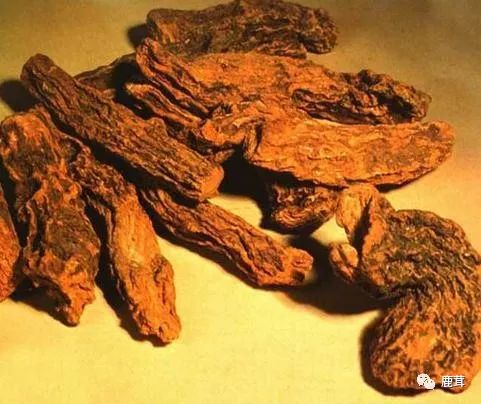
Suo Yang is the fleshy stem of the plant Cynomorium songaricum.
Taste and Properties: Sweet, Warm. Channels: Liver (肝), Kidney (肾).
Functions: Nourishes the Liver and Kidney, secures essence, and improves vision.
Suo Yang nourishes Yin blood, invigorates Yang, secures essence, strengthens marrow, and treats impotence, nocturnal emissions, lumbar and leg weakness, and senile constipation. This herb is similar to Rou Cong Rong (肉苁蓉); for any deficiency of Yin energy, depletion of essence and blood, and constipation, this herb can be used, especially when cooked with Rou Cong Rong in porridge. Although its nature is warm, it is still moist and is not a necessary herb for cases of weakened Mingmen fire.
Therefore, historical texts indicate that it should not be used for those with non-dry constipation; compared to Rou Cong Rong, Suo Yang is warmer and has a stronger Yang-invigorating effect, but its ability to moisten and lubricate the intestines is not as strong. Thus, the “Ben Cao Cong Xin” states: “For diarrhea and easy ejaculation with unsteady essence, it should be avoided.” The “De Pei Ben Cao” states: “For those with loose stools, unsteady essence, excessive fire causing constipation, easy ejaculation, Qi deficiency, and bloating, it should be avoided.”
Rou Cong Rong (肉苁蓉)
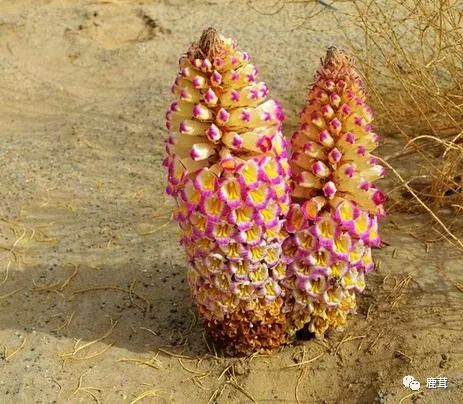
Rou Cong Rong is the fleshy stem of the plant Cistanche deserticola.
Taste and Properties: Sweet, Sour, Warm. Channels: Kidney (肾), Large Intestine (大肠).
Functions: Tonifies the Kidney, assists Yang, and benefits essence.
It is used to nourish the Liver and Kidney, often combined with Ling Yang Jiao (羚羊角) and Di Huang (地黄) to treat both Liver and Kidney deficiency, leading to symptoms such as blurred vision and poor eyesight, as well as for tonifying the Kidney.
Rou Cong Rong warms the waist and knees, strengthens tendons and bones, nourishes Kidney and Liver essence and blood, and moistens the intestines to relieve constipation. As stated in the “Ben Cao Hui Yan”: “It is warm but not hot, tonifying but not harsh, warming but not drying, and moistening but not laxative, hence it is known for its gentle nature.” It is used to treat symptoms of Kidney Yang deficiency such as dim vision, nocturnal emissions, premature ejaculation, female infertility, and conditions caused by insufficient Liver and Kidney, such as weakness in the bones and cold pain in the waist and knees. It can also be used for elderly weakness and post-illness or postpartum blood deficiency leading to insufficient body fluids. Due to its gentle warming nature, it is recommended to use a larger dosage. However, it should be avoided by those with Yin deficiency and excessive fire, as well as those with constipation due to excess heat in the intestines.
【Literature References】
“Ming Yi Bie Lu”: “Eliminates bladder evil Qi. Treats lumbar pain and stops dysentery.”
“Shen Nong Ben Cao Jing”: “Indicated for the five labor and seven injuries, tonifies the middle, alleviates cold and heat pain in the stem, nourishes the five organs, strengthens Yin, and benefits essence. It is also indicated for women’s fibroids.”
“Ri Hua Zi Ben Cao”: “Treats male impotence, female infertility, nourishes the five organs, builds muscle, warms the waist and knees, and treats male nocturnal emissions, bloody urine, and dribbling urination.”
Sha Yuan Zi (沙苑子)
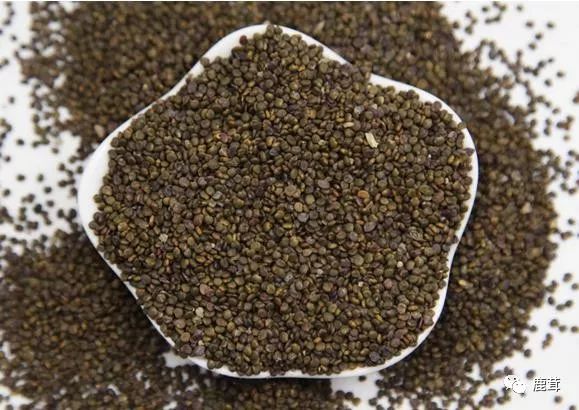
Sha Yuan Zi is the mature seed of the plant Astragalus membranaceus from the legume family.
Taste and Properties: Sweet, Warm. Channels: Liver (肝), Kidney (肾).
Functions: Nourishes Yin, tonifies the Liver and Kidney, benefits essence, and stops tears.
Sha Yuan Zi has a sweet and slightly bitter taste, tonifies the Liver and Kidney, improves vision, secures essence, and treats conditions of Liver and Kidney deficiency, lumbar and knee pain, blurred vision, nocturnal emissions, premature ejaculation, frequent urination, bloody urine, and leukorrhea. It is a key herb for tonifying the Kidney and securing essence, with a fragrant aroma that nourishes the Liver and brightens the eyes, moistens the pupils, and secures essence in the Kidney, promoting fertility without being overly harsh or drying. It is effective for treating lumbar pain and is a key herb for relieving fatigue and nocturnal emissions. However, it should be avoided by those with excessive fire, as the “Ben Cao Feng Yuan” states: “Those with heat in the Kidney and bladder should avoid it.”
【Literature References】
“Ben Cao Gang Mu”: “Tonifies the Kidney, treats lumbar pain and nocturnal emissions, and alleviates fatigue.”
“Ben Cao Cong Xin”: “Tonifies the Kidney, strengthens Yin, benefits essence, and improves vision.”
“Ben Cao Qiu Yuan”: “Treats lung atrophy, cold in the Kidney, frequent urination, nocturnal emissions, improves vision, and builds muscle. It also treats wind and poison attacking the Liver and Kidney.”
Note: The above herbs are all documented in literature, and treatment should be guided by a physician. This article is for reference only and should not be used as a basis for diagnosis or treatment. Please follow medical advice or consult a physician.
Excellent Article Analysis
In autumn and winter, if you are afraid of cold and have cold hands and feet, it indicates that your Kidney Yang is not very strong. TCM teaches you to comprehensively nourish Yang to combat this.
What is Lu Tai Gao made from? Is Lu Tai Gao a hormone medication?
The value of Northeast’s three treasures: Lu Rong in liquor.
